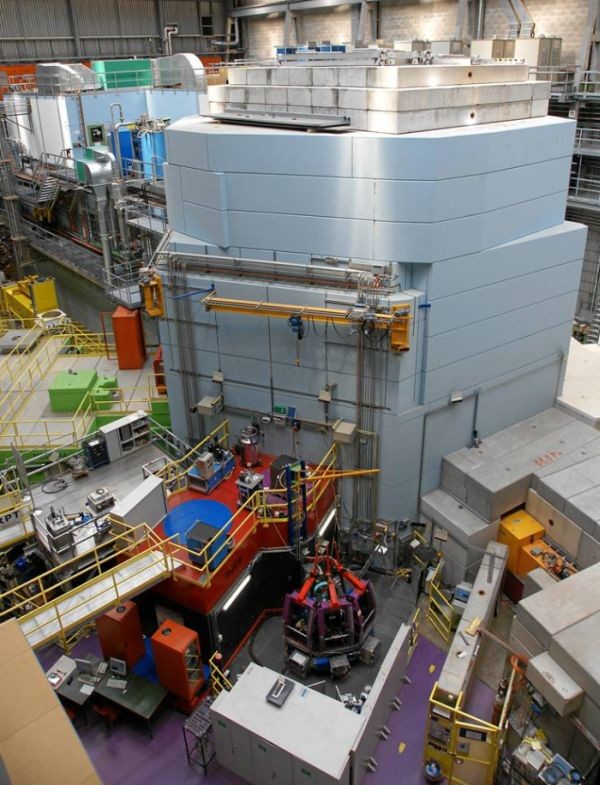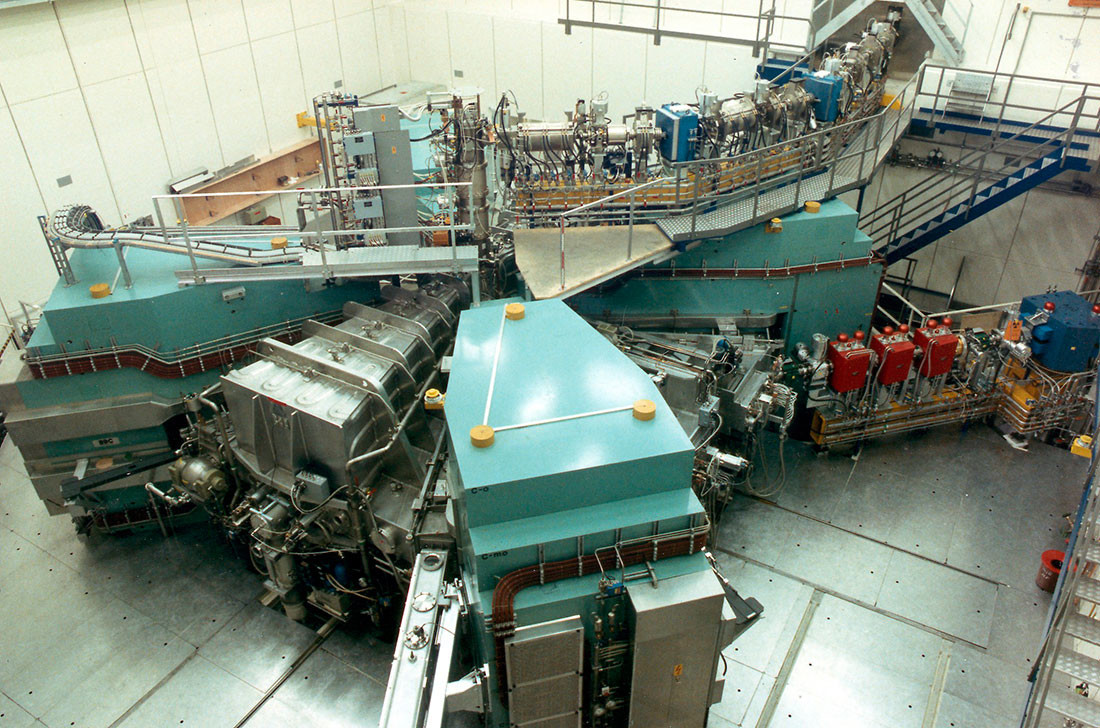PSI
PSI is the largest research institute for natural and engineering sciences in Switzerland, conducting cutting-edge research in three main fields: matter and materials, energy and the environment, and human health. PSI operates the high-intensity proton accelerator (HIPA) with a 590 MeV proton cyclotron driving the 1 MW spallation neutron source SINQ. Radionuclides can be produced by neutron irradiation in SINQ or by proton irradiation with up to 72 MeV protons from the Injector 2 separated sector cyclotron. The subsequent radiochemical processing is performed in dedicated hot cells. The products are characterized by state-of-the-art nuclear spectroscopy and chemical specification. The PSI Radionuclide Development group focusses on the production of novel radionuclides for innovative radiopharmaceuticals from targetry to preclinical applications. These radionuclides are used by in-house groups at PSI as well as via bilateral collaborations with Swiss and international researchers. Important developments in recent years include the establishment of the terbium quadruplet (Tb-149, Tb-152, and Tb-161) and preparation of different scandium isotopes (Sc-43, Sc-44) in high quality for first preclinical and clinical applications.
PSI will provide as day-1 radionuclides Sc-44, Cu-64 and Tb-161. It is already foreseen, that this is, depending on user requests, complemented by Sc-47 during the project.

